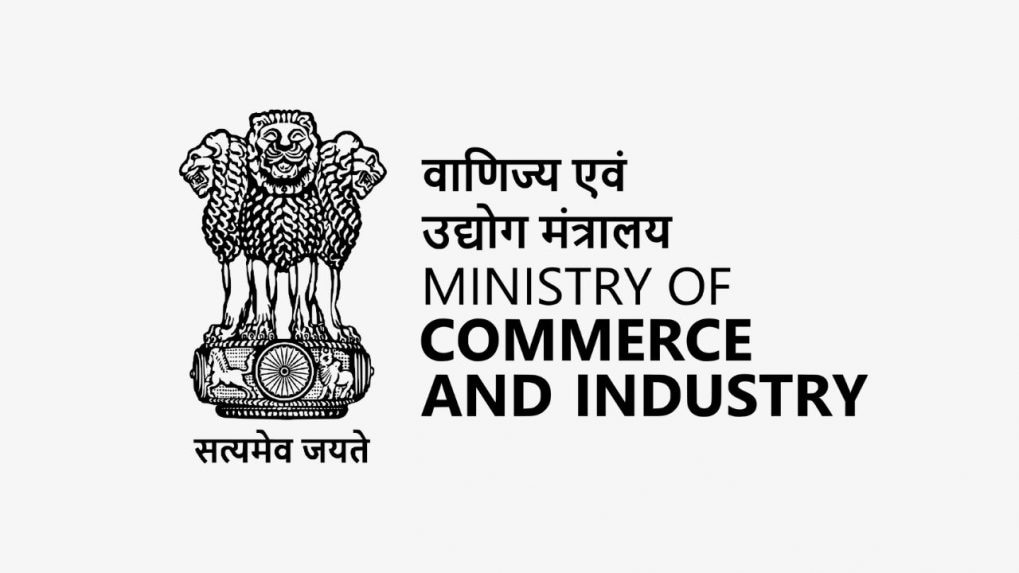Advertising
From Pink Slips to Silent Sidelining: Inside adland’s layoff and anxiety crisis

The Ministry of Commerce and Industry, through the Department for Promotion of Industry and Internal Trade (DPIIT), has initiated a move to bring greater clarity and uniformity to India’s trademark registration and dispute resolution processes.
The Office of the Controller General of Patents, Designs and Trade Marks (CGPDTM) has called upon trademark attorneys, agents, applicants, and other stakeholders to submit their suggestions for drafting comprehensive guidelines aimed at streamlining procedures across different stages of trademark applications.
"There is a need felt while augmenting the resources utilization in the Trademark Registry during the processing of the Trade Marks application at different stages including opposition proceedings. To bring more clarity and uniformity in practices relating thereto, the Office of the Controller General of Patents, Designs and Trade Marks (CGPDTM) proposes to improve the proceedings of the applications by drafting guidelines," it said.
According to the notice, among the key areas under consideration are formality checks for trademark applications, the process of serving evidence between parties, and the filing of written submissions.
Other specific areas include filing of user evidence at the time of filing trade marks applications and show cause hearings; filing of supporting documents during trade marks post-registration proceedings, renewals, etc.; and IP mediation or TM dispute resolution.
Stakeholders have been encouraged to share their recommendations not only on the listed areas but also on any other aspects that could improve the efficiency of the trademark system. Submissions can be made either to the Office of the CGPDTM in New Delhi or via email at cgoffice.in@gov.in.
The deadline for submissions is September 22, 2025.
From purpose-driven work and narrative-rich brand films to AI-enabled ideas and creator-led collaborations, the awards reflect the full spectrum of modern creativity.
Read MoreLooking ahead to the close of 2025 and into 2026, Sorrell sees technology platforms as the clear winners. He described them as “nation states in their own right”, with market capitalisations that exceed the GDPs of many countries.